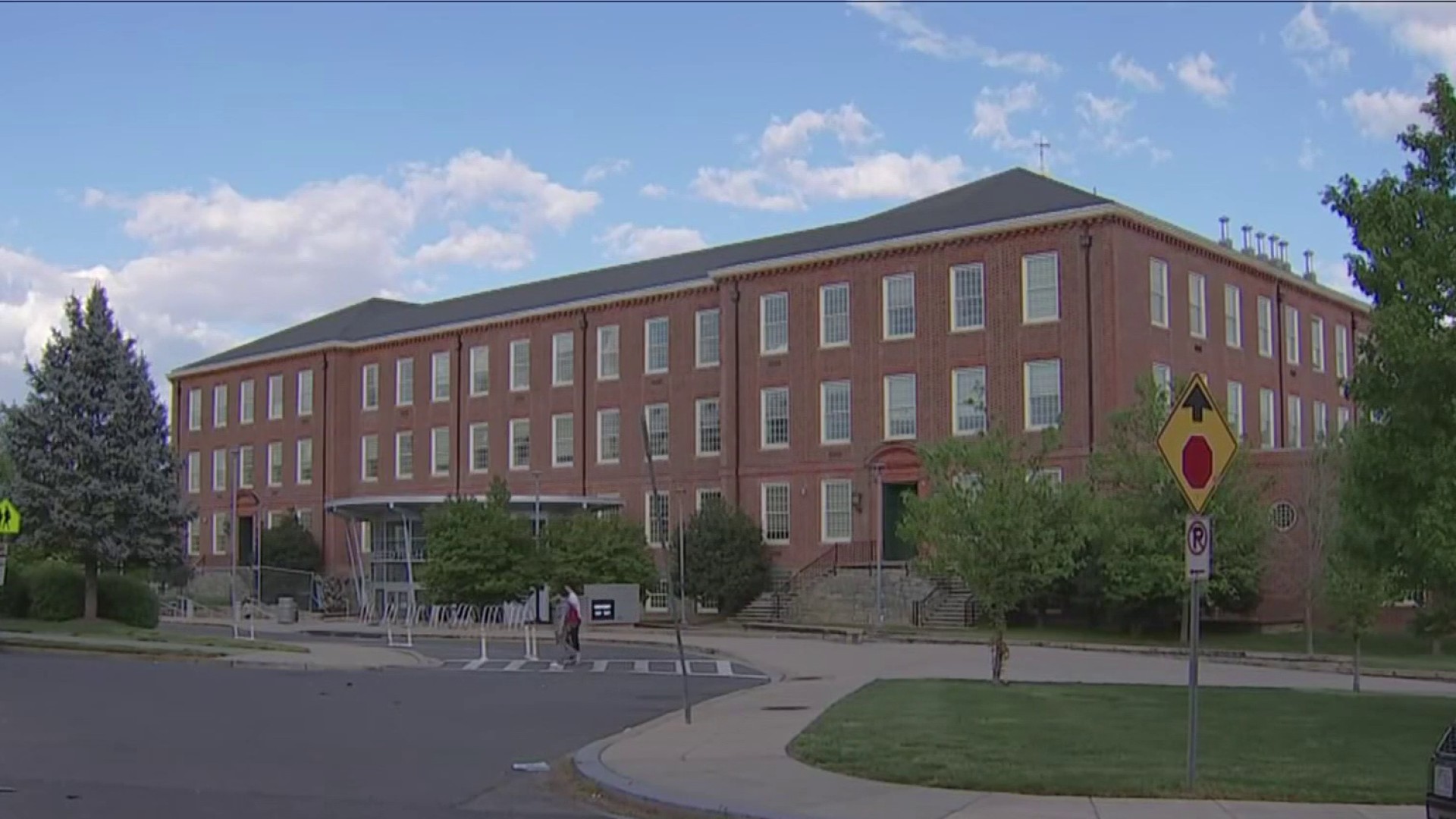
Three Maryland men presenting themselves as pastors targeted church members and other investors in a Ponzi scheme that defrauded victims out of more than $28 million, according to a federal indictment unsealed Friday.
Instead of providing customers with high rates of return and helping with charitable religious causes, the three men used the money to pay off other investors and to fund lavish lifestyles that included luxury cars, private jets and family vacations, Justice Department prosecutors said.
The July 27 indictment against Dennis Mbongeni Jali, 35; John Erasmus Frimpong, 40; and 61-year-old Arley Ray Johnson includes charges of wire fraud, securities fraud and money laundering.
Federal regulators say the men fraudulently raised millions of dollars from approximately 1,200 investors, many of them African immigrants working in the medical field. The indictment identifies nine of the victims as residents of Maryland, Indiana or Texas and says they included nurses, an accountant, an engineer and a car dealership manager.
We're making it easier for you to find stories that matter with our new newsletter — The 4Front. Sign up here and get news that is important for you to your inbox.
Jali was the owner and CEO of a Largo, Maryland-based company called “1st Million Dollars,” which had satellite offices in Florida and elsewhere. Frimpong served as the company’s chief marketing officer. Johnson was its chief operating officer.
Jali, Frimpong and Johnson attended church functions to recruit investors and tried to portray themselves as religious men “more interested in the philanthropic financial freedom of others than personal financial gain,” the indictment says.
The three men “presented themselves as ‘pastors’ and told prospective investors that 1st Million’s work was in furtherance of God’s mission in that it helped churches and their members achieve personal wealth and financial freedom,” it adds.
Local
Washington, D.C., Maryland and Virginia local news, events and information
The defendants persuaded “numerous” victims to pay them in wire transfers, checks and cash under the false pretense that their money would be invested in the foreign exchange and cryptocurrency markets, U.S. Attorney Robert Hur’s office said in a news release. Their company offered contracts that guaranteed investors monthly rates of return ranging from 6% to 35% of their initial investments “regardless of market volatility,” according to the indictment.
Frimpong, a native of Ghana who isn’t a U.S. citizen, was arrested Friday at his Upper Marlboro home. He later pleaded not guilty to all 10 counts he faces. A federal magistrate judge ordered him to remain in custody pending a detention hearing Wednesday. Frimpong’s attorney didn’t immediately respond to a phone call and email seeking comment.
Johnson, of Bowie, is expected to surrender to authorities on Monday, according to a spokeswoman for Hur’s office. Sarah Hall, an attorney for Johnson, declined to comment.
Jali, formerly of Upper Marlboro, fled the U.S. in May 2019 after the scheme collapsed but has been arrested in his native South Africa, Hur’s office said. Office spokeswoman Marcia Murphy said Jali doesn’t have an attorney here yet.
The Securities and Exchange Commission and the U.S. Commodity Futures Trading Commission also filed related civil actions against the defendants Friday.
The SEC's lawsuit says Jali purported to be a pastor and preached at several churches. He falsely presented himself to investors as a self-made millionaire who was an expert trader, the complaint says.
Johnson, who purports to be a minister, knew that Jali had been involved in an “alleged fraudulent scam” in South Africa but accepted Jali’s denial of the allegations and continued to solicit investors, according to the lawsuit.
Frimpong, who sometimes preached at a church in the Bowie area, also falsely claimed to be an expert trader in the foreign exchange and cryptocurrency markets, the complaint says.
“Jali preached at local churches, including the church Frimpong attended, and solicited investments from parishioners during church services, at times giving certain parishioners cash as a sign of his purported wealth and success as a trader," the lawsuit says.



